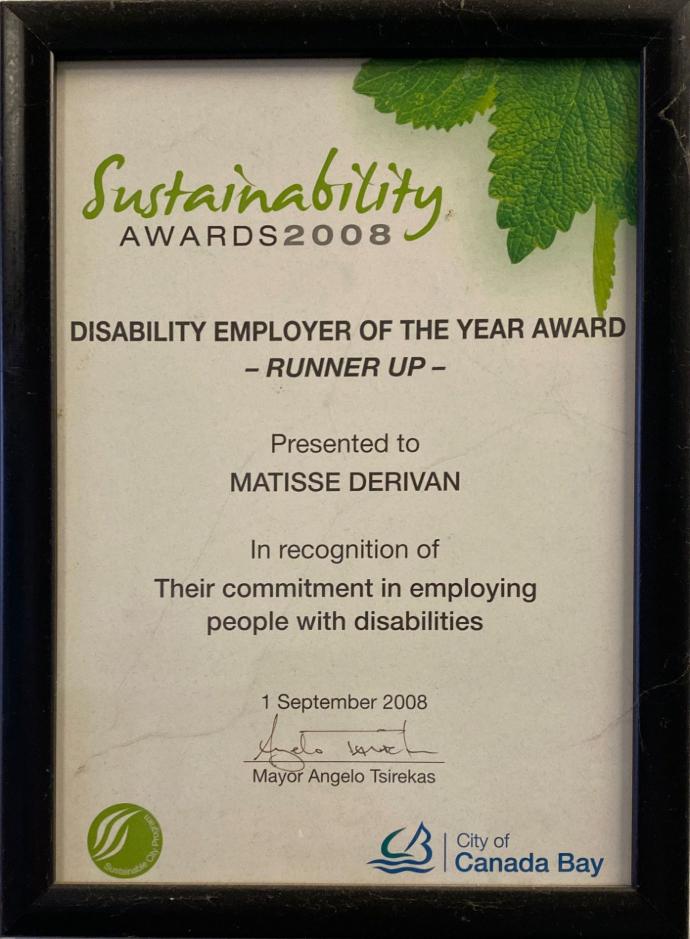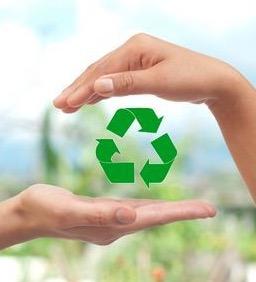
From Raw Materials to End Products: Reducing Our Environmental Footprint
Derivan's mission statement has been easy to understand and adhere to. We are very conscious of our environmental footprint and plan our actions around a simple but effective creed:
Mission statement extract:
"To become the leading supplier/manufacturer of artist's acrylics worldwide by providing unsurpassed quality and service ... employing environmentally sound practices both in the products and production."
Discover Our Green Canvas
Interested in learning about our beginnings? Visit our History page to trace the vibrant timeline of our brand.
Interested in our innovative spirit? Explore our Innovation page to understand how we push the boundaries of what's possible in acrylic paints.
Curious about our ethical stance and how it ties into sustainability? Check out our Animal Welfare page
Flocculation Medium
Elevate Your Green Studio Practice
Explore a greener way to clean up after your art sessions with our Flocculation Medium. Designed to easily tackle acrylic paint waste, this medium helps bring your paint-wash-up water to almost 100% clean, making your cleanup routine both simple and eco-friendly. Discover more about how you can make your artistic process more sustainable while keeping your workspace tidy. Your journey towards a cleaner, greener studio is just a click away!
Formulating Sustainable Paints
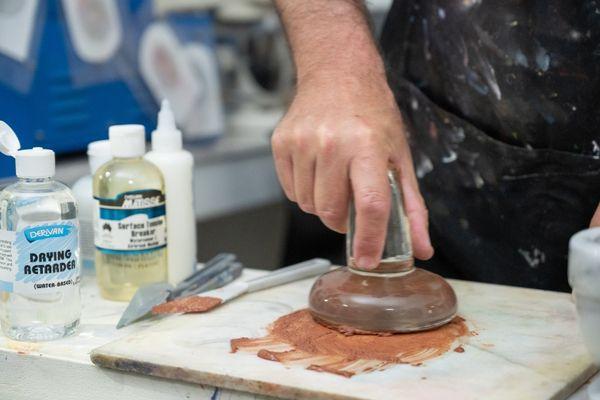
Balancing Quality and Environmental Impact
No Derivan paints contain lead or chromate pigments of any kind. Any other heavy metal elements contained in the paints are fully reacted and will present no biological harm if introduced to the environment as landfill. Likewise, everyday use by artists disposing of their waste wash-up water in the garden will present no biological harm. However, we advise disposing of wastewater on non-edible plants in keeping with general best practices.
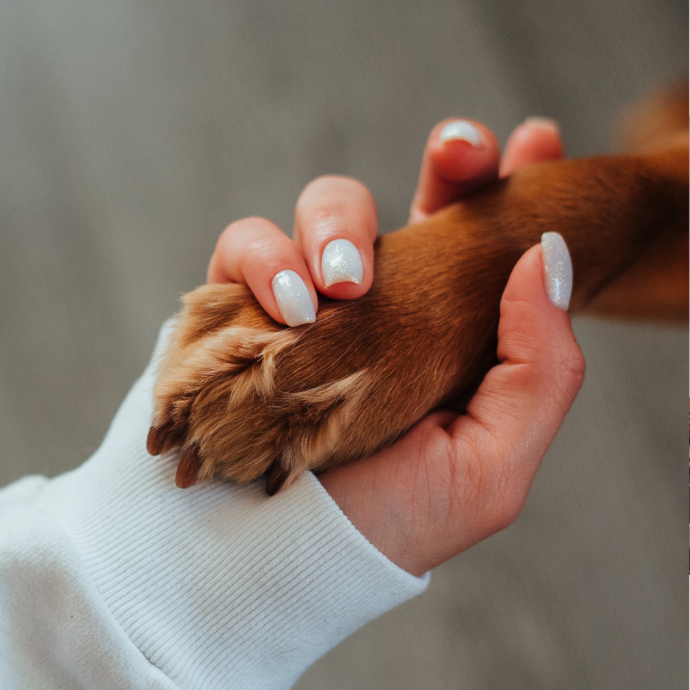
Art Supplies For The Vegan Community
At Derivan, we take pride in creating vegan-friendly paints and, aside from two exceptions, do not use any animal products. Furthermore, we DO NOT test on animals, and – HOPEFULLY do not source any materials that are tested on animals While we use over 1200 different ingredients in our paints, we do not test on animals and strive to minimise our environmental impact.
The primary exception is a colour we make called ivory black, in the Matisse range. Although it is NOT made from actual ivory, we believe it is still made from the burnt bones formed as a by-product of abattoirs – so it is a form of recycling as it were. The other exception is the Derivan Watercolour range which may contain a small amount of honey (colour dependant).
As an additional note and testament to our commitment to producing high-quality, eco-friendly paints suitable for all artists: With regard to the "carmine" colour, we have developed a synthetic pigment to replace the pigment traditionally derived from the animal product Ceramic Acid/Cochineal.
Eco-Friendly Packaging
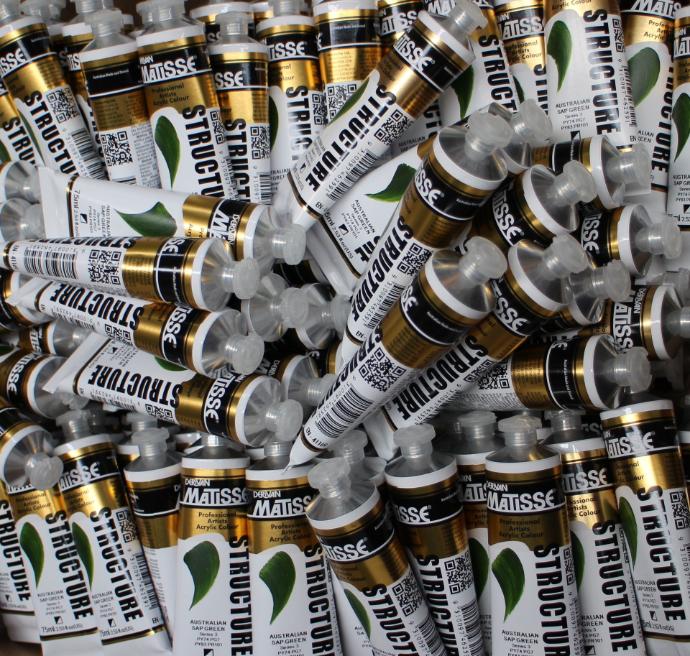
Reducing Waste With Smart Alternatives
After research, we found that the likelihood of having paint containers returned to us for reuse was very low. The main obstacles to this strategy are:
- Product may be kept for extended periods (decades in some cases) and continue to be used in that time, so tracking and monitoring returns would be a very long term process on an individual basis.
- Products are sent all around the world, and the environmental cost of returning them would far outweigh any positive effects of reuse, especially taking into account the waste from cleaning of residual contents.

Customer Re-use Of Containers
Because of these obstacles, it was decided that the first step was to design packaging that is more likely to be reused by the consumers themselves, and decided we wanted to provide consumers the option to clean out and reuse the containers for other purposes after they have used the contents. Considering that the re-use of containers uses the least amount of resources and energy, this became a primary objective. We engaged design consultants and utilised informal polls with our customers to iterate designs, ultimately arriving at the current 36ml, 40ml, 50ml, 250ml and 500ml container designs.
Following this, and aligning with our commitment to continuous improvement in our sustainability and reducing carbon footprint, we then identified universally recyclable materials (materials that can be easily recycled locally, e.g. PET plastics) as our next objective, as this strategy was more practical than attempting to retrieve product containers.
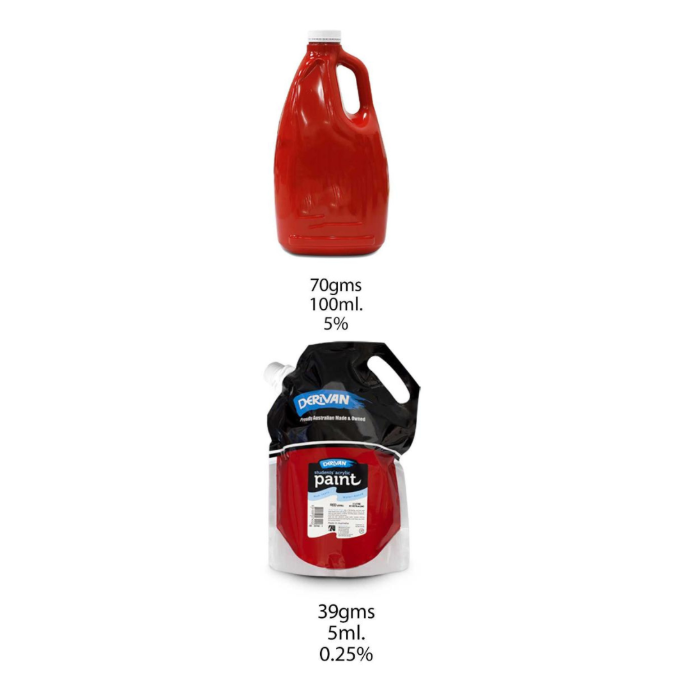
Driving Change Through Research
In 2009, Derivan was involved in a study with the Central Queensland Local Government Association to gather information on the levels of awareness of and willingness to participate in recycling and other waste minimisation activities by residents and schools within the Rockhampton and Gladstone areas.
The findings indicated that 78% of respondents had a recycling bin suitable for collecting paper, cardboard, glass bottles, jars, aluminium and steel cans (including aerosols), juice and milk cartons, and plastic containers. Despite this figure, the results indicated that only 59% of respondents were confident about what items could be recycled and had an understanding of how, though there was some confusion with items such as pizza boxes, plastic bags and drinking glasses, all of which are currently not recyclable.
The same survey revealed that only 7% of respondents had or would recycle their educational/artist paint containers. This was a real revelation to us at Derivan, prompting us to seek out packaging that used less plastic in addition to being recyclable, rather than just relying on this factor of the design - as clearly, most of the packaging was going to landfill.
From these results, Derivan researched and introduced a new standard of packaging for our most popular children's and students' range of products after sponsoring research into recycling habits. This is because the most effective design will both minimise plastic usage and waste, while still placing equal importance on encouraging recycling. With this in mind, we have developed a new form of packaging that is both practical and reduces our overall carbon footprint. The new Eco-Pak is unlike anything we have used before. Basically, it is a soft recyclable plastic package that resembles a wine cask container. It has a flat base, and the colour of the paint that it contains is clearly visible. A squared-off edge has a screw cap and nozzle for easy pouring. Learn more about the Eco Pak

Compostable Packaging
We are delighted to introduce the sustainable packaging for our 'Refillables' range. Our new bags have been engineered to meet the highest environmental standards, being both landfill-biodegradable and compostable. Moreover, these bags are recyclable at the few Australian facilities that specialise in processing soft plastics.
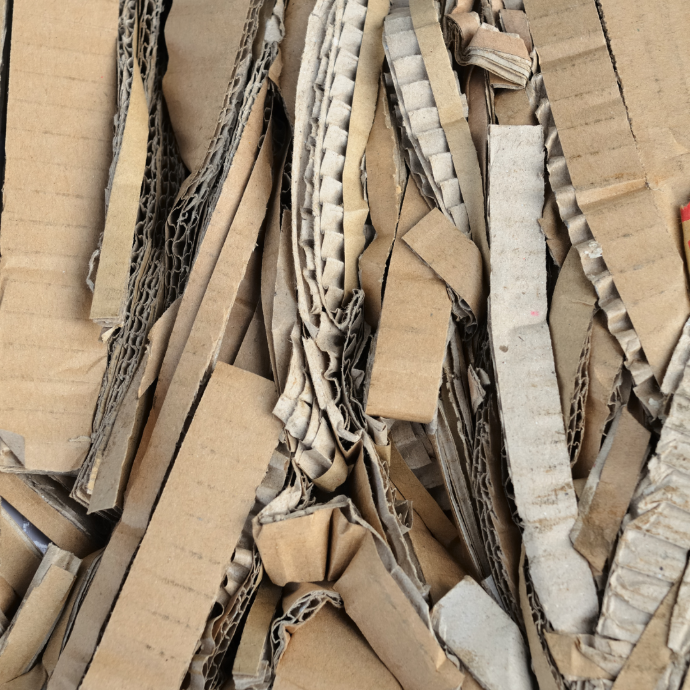
Zero Waste Packaging
We recycle all packaging that makes up our raw material supply chain where possible. This is done in several ways.
- Through the use of paleocons and IBCs (large raw material containers), which are returnable to the supplier.
- Returning drums to the supplier (where possible) or recycling those that can't.
- We have initiated the return to our suppliers of many outer cartons we receive containers in. Where this is not possible or energy efficient, they are recycled via a company that collects and collates like-size boxes and supplies them on to other companies. By sending the boxes off to be reused, less energy is consumed than if they were processed and made into new cardboard boxes.
- In 2020 Derivan purchased a shredder that allows many boxes and cardboard that would otherwise go to recycling to be used for packing - eliminating the use of plastics and bubble wrap.
- Those boxes, cardboard and paper that can't be reused, returned or shredded are sent for recycling by Visy.
- As a last resort, a minimal amount of cardboard may make it to landfill. To reduce the amount of cardboard going to landfill, we actively avoid "contaminating," i.e. paint or pigment staining the cardboard.
Recycling
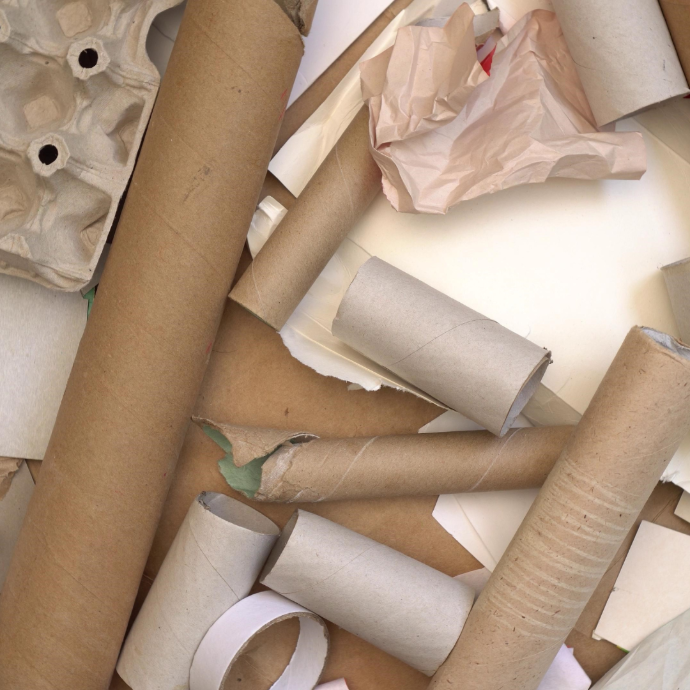
Cardboard
Cardboard is a widely used packaging material that has gained popularity due to its eco-friendliness and recyclability. At Derivan, we are committed to sustainability, and we ensure that the cardboard boxes we use to package our products are sourced from a reliable and responsible supplier - Visy.
Visy, a leading packaging and recycling company, have a robust recycling program that allows them to recover and reuse materials like paper and cardboard, which we then source to reduce our environmental impact and promote a circular economy. We are proud to say that 70% of the cardboard we use is recycled, contributing to our continuous progress to reducing our carbon footprint by conserving natural resources, reducing greenhouse gas emissions, and diverting waste from landfills.
In addition to using recycled cardboard, we also make sure that our packaging is designed to be as efficient as possible. This means that we use the ideal sizing and amount of cardboard to protecting our products during shipping, while minimizing waste and maximizing the use of resources.
We believe that every step counts when it comes to sustainability, and our use of recycled cardboard is just one of the many ways in which we aim to reduce our environmental impact. By choosing our products, you can rest assured that you are making a sustainable choice that contributes to a better planet for all, and will continue to strive for better.
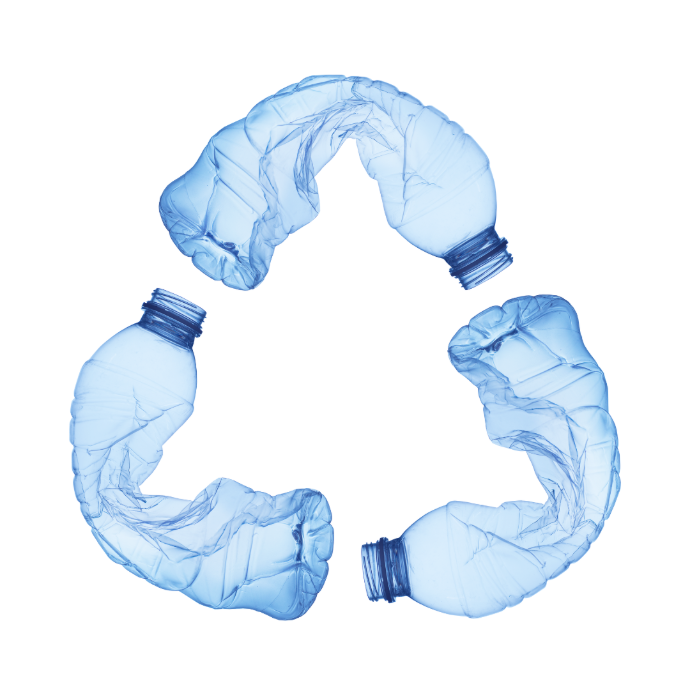
Soft Plastic
We are thrilled to announce that Derivan is embarking on an exciting new initiative to collect soft plastics within our office and factory premises, so they can be recycled. By implementing this program, we are taking a significant step towards reducing our environmental impact and promoting a more sustainable future. Soft plastics have long posed a challenge in waste management due to their limited recyclability. We are eager to play our part in addressing this issue, ensuring that these plastics are diverted from landfill and given a second life through the recycling processes. Through the collective efforts of our employees and the support of our recycling partners, we are committed to making a positive difference and setting an example for others
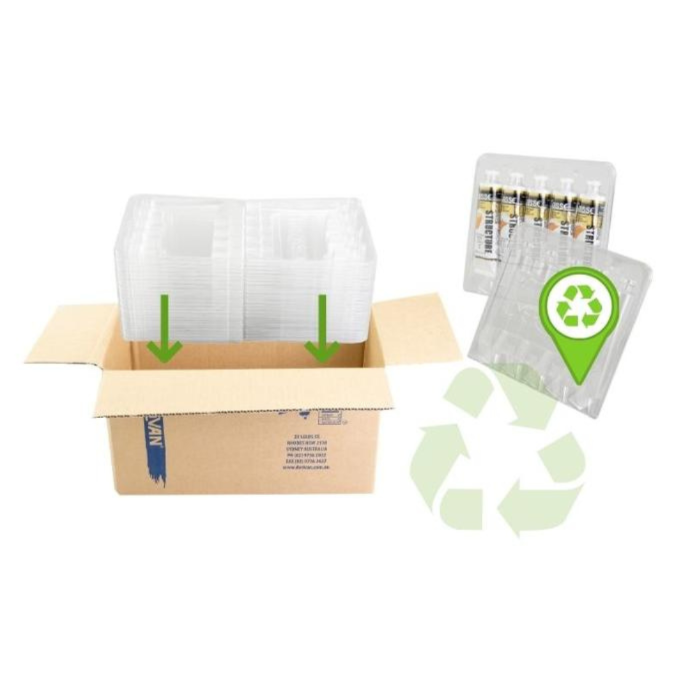
Clam Recycling Program
PET (Polyethylene Terephthalate) clam packs are the plastic bubble containers used to pack and transport our paint tubes. We also use cardboard boxes in this process. Locally, we have a program in place to encourage "clam" packs and cardboard boxes to be returned to us for reuse.
Internationally, returns are not viable, so these packaging products are made from recyclable (and, where possible recycled) materials only (namely PET and cardboard). For instance, at present, the PET clam packs, which contain the tubes, are made up of 30% in-house recycled material and 5% post-consumer recycled material. However, our suppliers are looking to improve this ratio. We keep a constant watch on new technology and new packaging innovations. We ensure that our suppliers use the latest energy-efficient technology to produce our packaging where possible.
HOW TO RETURN DERIVAN PLASTIC TUBE PACKAGING:
1. Stack 50 or more of the plastic tube packs in the open position on top of each other and place them into the box they were shipped to you in, as shown in this image.
2. Seal the box and address it
DERIVAN P/L REPLY PAID
84430 PO BOX 3695
RHODES NSW 2138
3. Take them to the post office, and they will deliver it back to Derivan free of charge!
Making The Switch
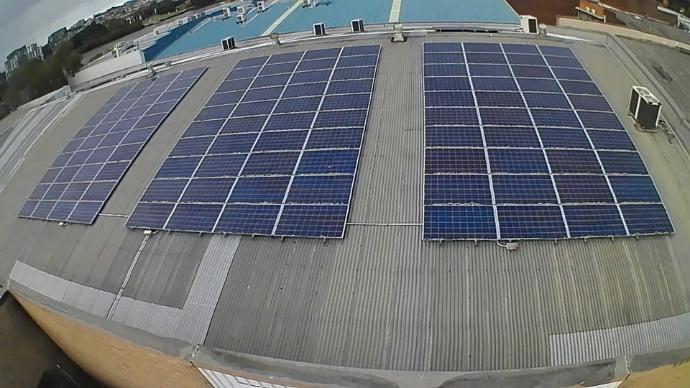
A More Sustainable and Energy-efficient Factory
Derivan moved away from using natural gas in its process line in the 1980s. Moving to cleaner energy – In 2014 Derivan installed 120 PV panels - these panels produce the same amount or more of electricity that is used in the day-to-day production and running of the factory at Rhodes.
In 2022 a further 35KW of PV panels were added along with 45KW of batteries increasing the energy produced to double. This production of energy ensures Derivan is more than carbon neutral in its production facility. As energy availability varies due to geopolitical influences, Derivan has ensured the factory can continue producing even during electricity cuts and shortages.
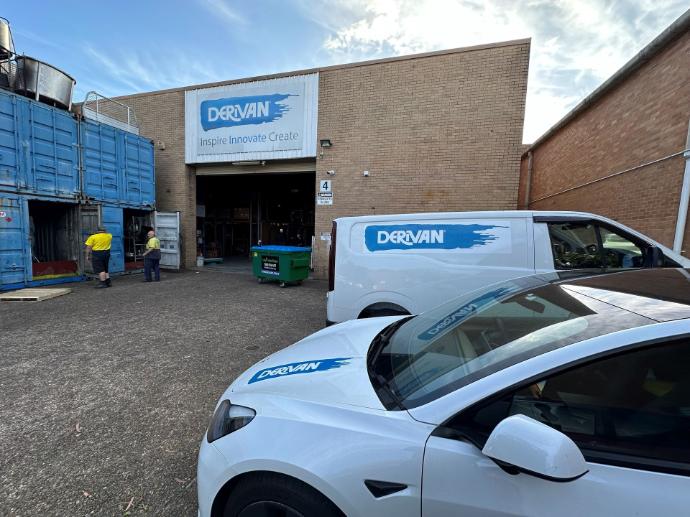
Sustainable Transport Practices
We have recently invested significantly in electric cars as part of our ongoing efforts to reduce our environmental footprint. We're proud to announce that with the addition of our new Tesla Model 3 to the fleet, all our vehicles are now fully electric. By incorporating these sustainable vehicles into our operations, we're taking a proactive step towards reducing our carbon emissions and promoting sustainable practices. These actions are not only beneficial for the environment but also demonstrate our commitment to creating a better future for all.
Our Achievements
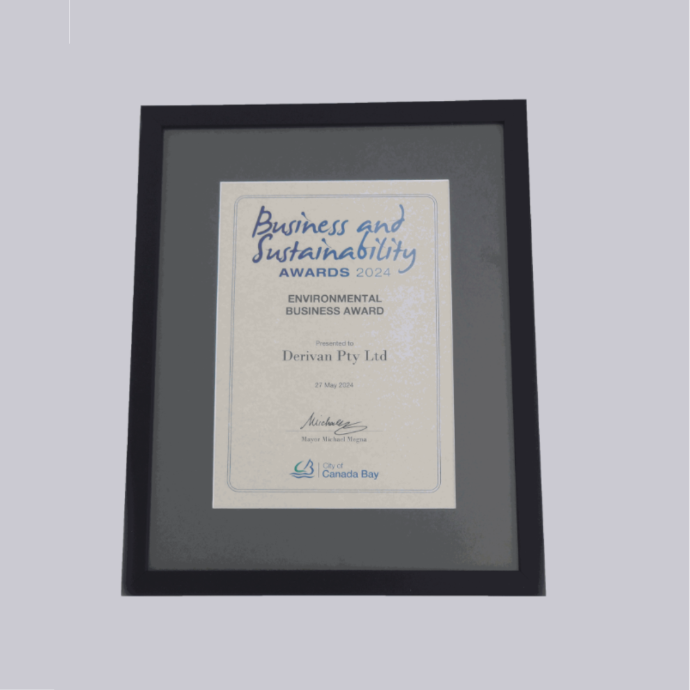
Canada Bay Council's Most Sustainable Business for 2024
Derivan, makers of Matisse, has once again been honoured with the Sustainability and Environmental Business Award from City of Canada Bay. Well done to our hard working team, always pushing to reduce our carbon footprint, striving to become increasingly sustainable and encourage others in the process.
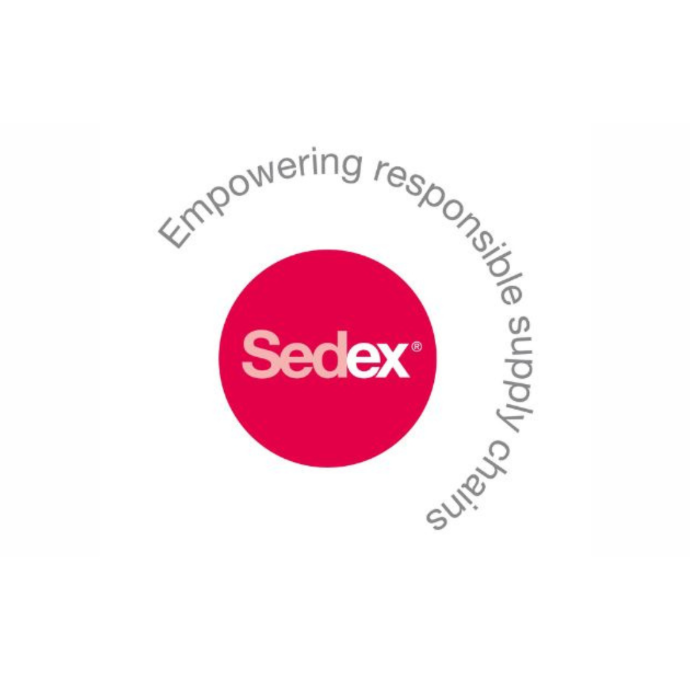
Sedex Certification
Derivan, a leading Australian manufacturer of artist materials, has demonstrated a strong commitment to sustainability and ethical practices throughout its operations. As a member of Sedex (Supplier Ethical Data Exchange), Derivan aligns with global standards for responsible sourcing and transparent supply chains. Sedex provides a platform for companies to share data related to labour rights, health and safety, environmental impact, and business ethics, facilitating continuous improvement in these areas.
In line with Sedex's emphasis on environmental sustainability, Derivan has implemented several initiatives to minimise its ecological footprint. The company has developed a water-based acrylic paint system that is free from heavy metals and harmful solvents, reducing environmental harm. Additionally, Derivan has introduced compostable packaging and recyclable options to decrease plastic waste and has optimised its manufacturing processes to conserve energy and water. These efforts reflect Derivan's dedication to producing high-quality products while prioritizing environmental responsibility.
Beyond environmental concerns, Derivan is committed to ethical practices in product development. The company ensures that none of its products are tested on animals and that all ingredients are vegan-friendly, aligning with Sedex's focus on ethical labour and sourcing practices. By upholding these standards, Derivan not only meets the expectations of conscientious consumers but also contributes to a more ethical and sustainable industry.
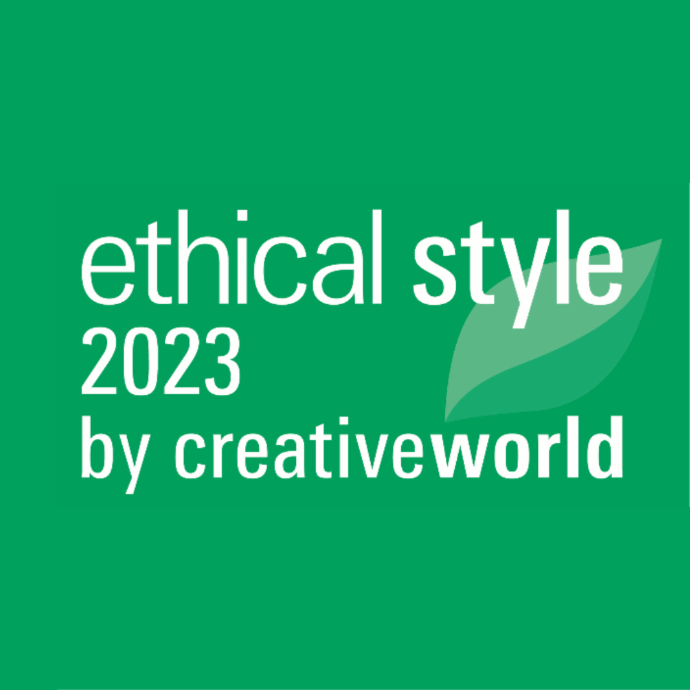
Ethical Style
In 2023, Derivan demonstrated its commitment to ethical practices by participating in the ethical style badge evaluation, a rigorous competition evaluated by a panel of renowned experts in six diverse areas. The competition was held at Creative World, the most significant art supplies trade show in Frankfurt, Germany. The impartial foreign board recognised Derivan's exceptional efforts, which resulted in the company being awarded the ethical style badge for its outstanding performance in the six categories evaluated:
- Eco-Friendly Material
- Eco-Optimised Production
- Fair & Social Production
- Re-/Upcycling Design
- Handmade Manufacturing
- Sustainable Innovation
Awards For Sustainable Business Practices and Employment
Derivan has been honoured to have received several awards for sustainability and employment from local, State and National governments in 2003, 2007, 2008, 2009, 2014, 2016 and 2024. The company has received recognition for its eco-friendly business practices and employment programs.

